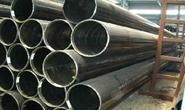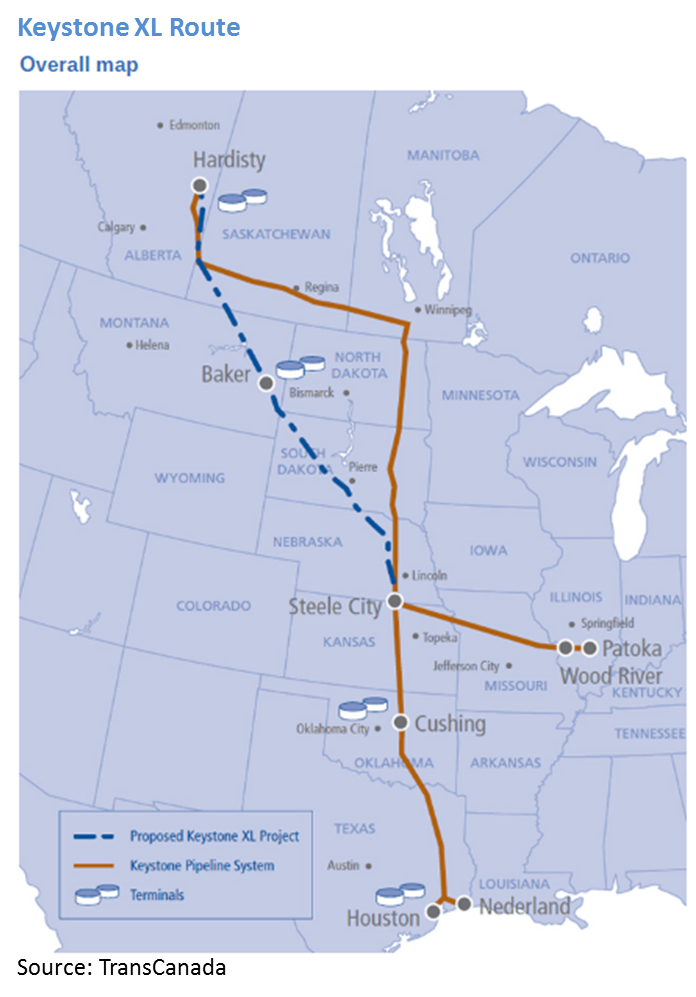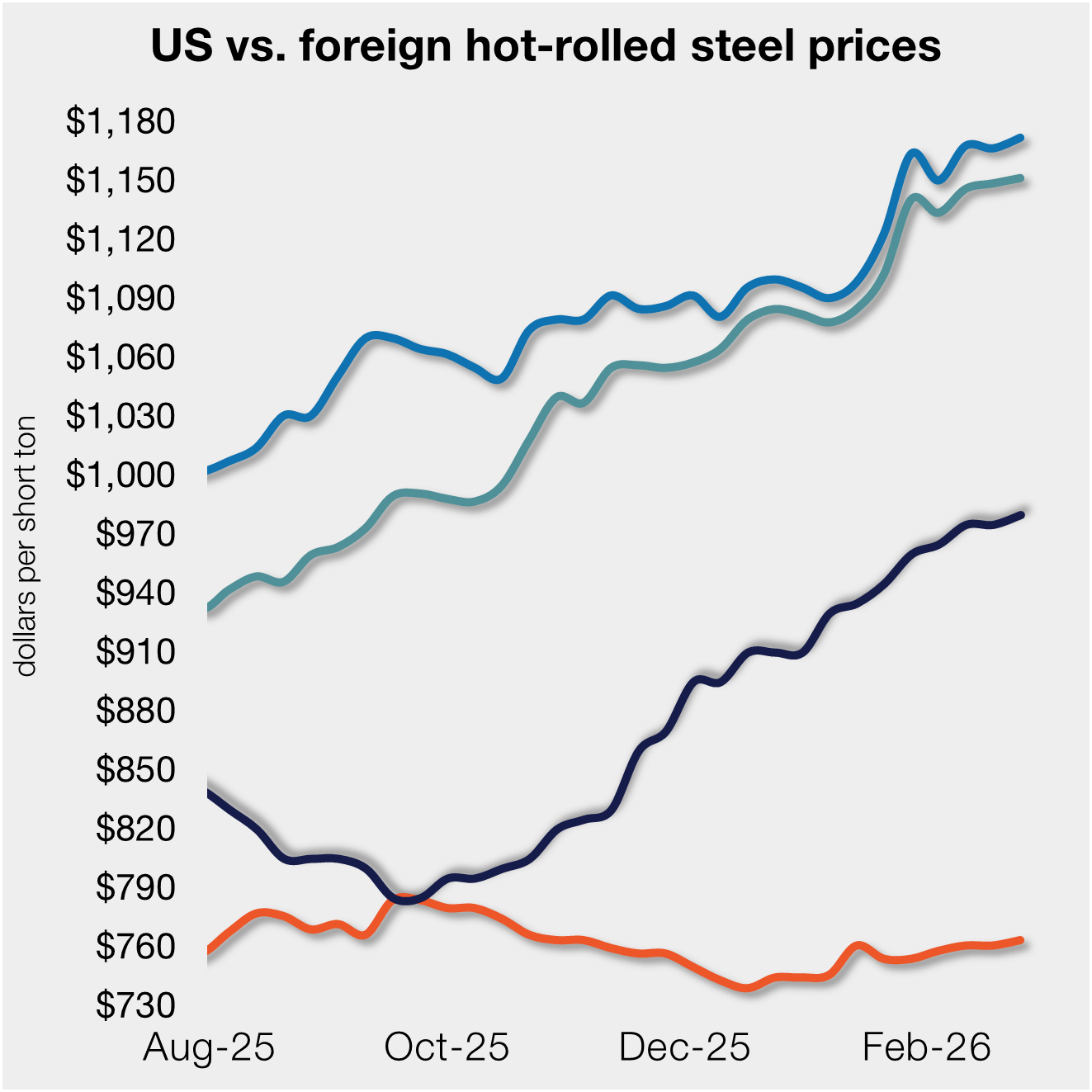Prices

March 25, 2017
Permit Approved for Keystone XL
Written by Sandy Williams
TransCanada received the go-ahead from the White House on Friday to complete the long-delayed Keystone XL pipeline. During remarks at the White House announcing the approval of the presidential permit, President Trump said:
“It’s a great day for American jobs and a historic moment for North American and energy independence. This announcement is part of a new era of American energy policy that will lower costs for American families — and very significantly — reduce our dependence on foreign oil, and create thousands of jobs right here in America.”
The President added that he thinks the pipeline is a safer method of transporting oil than other forms of transportation. The President did not reiterate his previous declaration that the pipeline would need to be constructed with U.S. produced steel pipe. Most of the pipe for the project has already been manufactured and purchased.
“The fact is that this $8 billion investment in American energy was delayed for so long — it demonstrates how our government has too often failed its citizens and companies over the past long period of time,” said Trump. “Today, we begin to make things right and to do things right. Today we take one more step in putting the jobs, wages, and economic security of American citizens first. Put America first.”
TransCanada president and chief executive officer Russ Girling called the announcement “a significant milestone for the Keystone XL project.”
 Before the pipeline can be completed, TransCanada still needs to obtain the necessary approvals and permits from Nebraska, approvals that are likely to meet resistance from environmentalists.
Before the pipeline can be completed, TransCanada still needs to obtain the necessary approvals and permits from Nebraska, approvals that are likely to meet resistance from environmentalists.
“The Trump administration may be furiously propping up an obsolete energy system at the behest of his fossil fuel cronies, but the majority of people in this country want action on climate change,” said Annie Leonard, Greenpeace USA’s executive director, in a statement.
In an appeal on its website, Greenpeace wrote: “TransCanada, the energy giant behind Keystone Pipeline, will need major support from their banking partners if they want to complete their gigantic tar sands project. That’s why we’re putting US banks on notice and telling Citi, JP Morgan, Wells Fargo, TD Bank, and Bank of America they must not provide any financial services to TransCanada which may help construct the Keystone Pipeline.”
In a press release, TransCanada said it “will continue to engage key stakeholders and neighbors throughout Nebraska, Montana and South Dakota to obtain the necessary permits and approvals to advance the project to construction.”
TransCanada suspended a $15 billion NAFTA suit against the United States after the White house signed an executive order in January clearing the way for construction and inviting the company to reapply for permit. Following approval of the permit, TransCanada announced it “discontinued its claim under Chapter 11 of the North American Free Trade Agreement (NAFTA) and will end its U.S. Constitutional challenge.”







